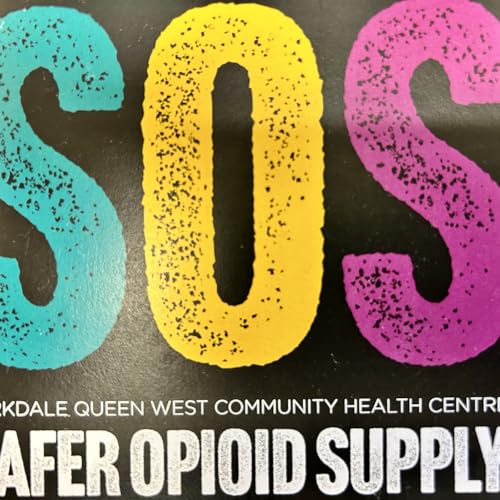-
Episode 34: Mish Waraksa draws on experience as a healthcare worker to discuss harm reduction and targeted misinformation surrounding it
- Aug 11 2024
- Length: 52 mins
- Podcast
Failed to add items
Sorry, we are unable to add the item because your shopping cart is already at capacity.
Add to basket failed.
Please try again later
Add to wishlist failed.
Please try again later
Remove from wishlist failed.
Please try again later
Adding to library failed
Please try again
Follow podcast failed
Unfollow podcast failed
-
Summary
activate_Holiday_promo_in_buybox_DT_T2



